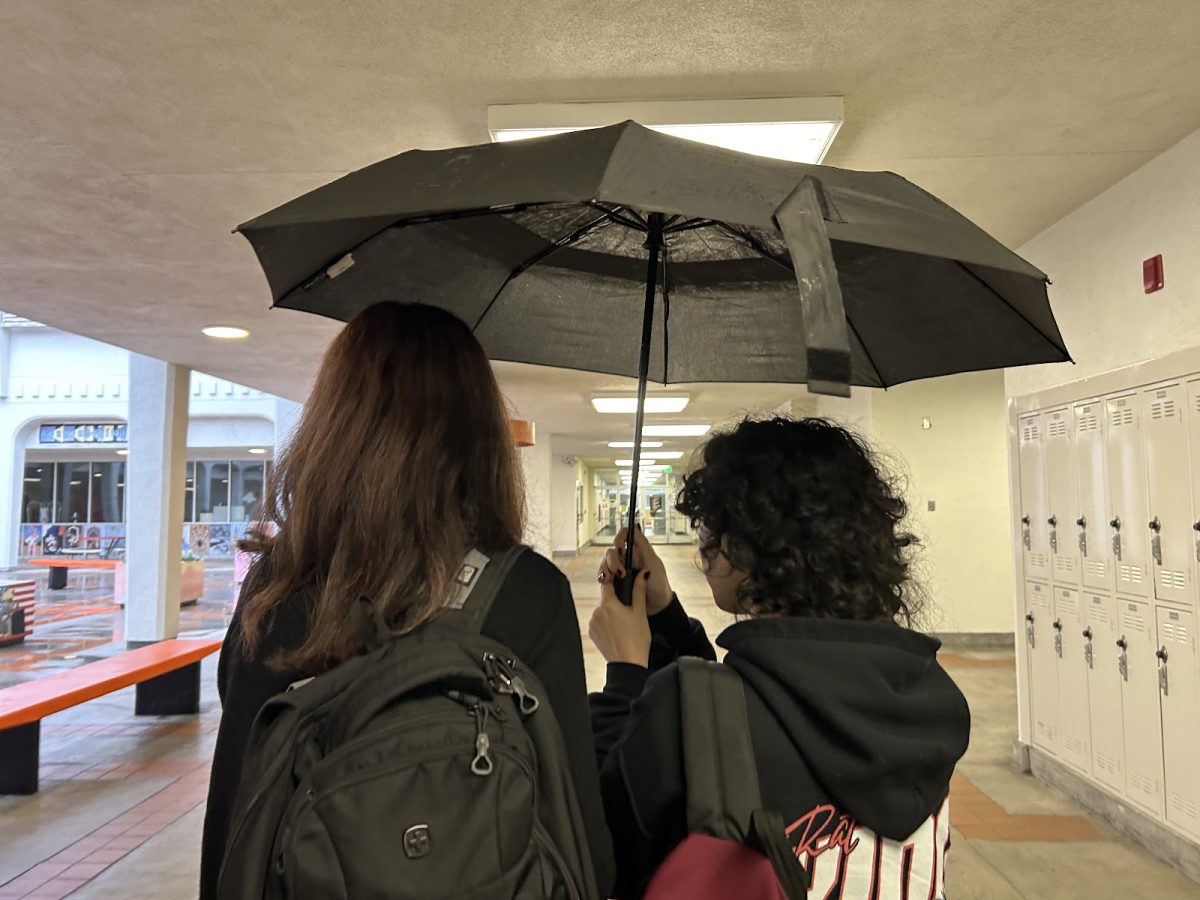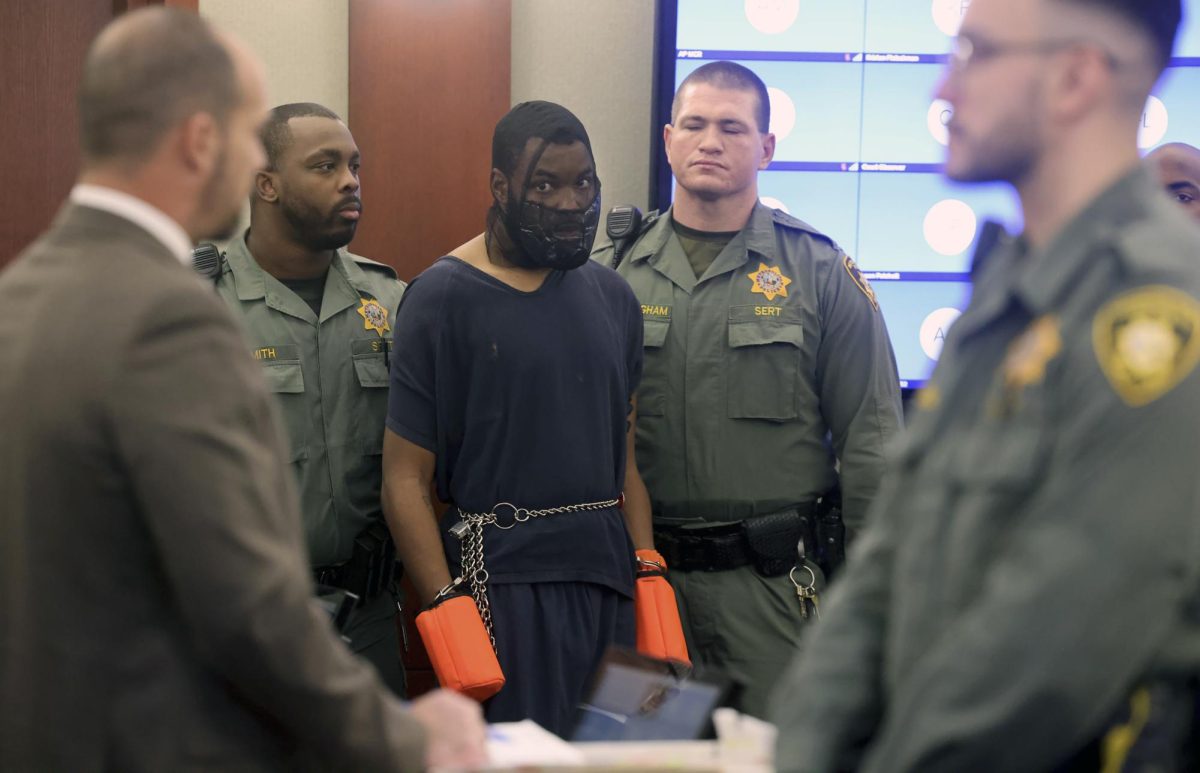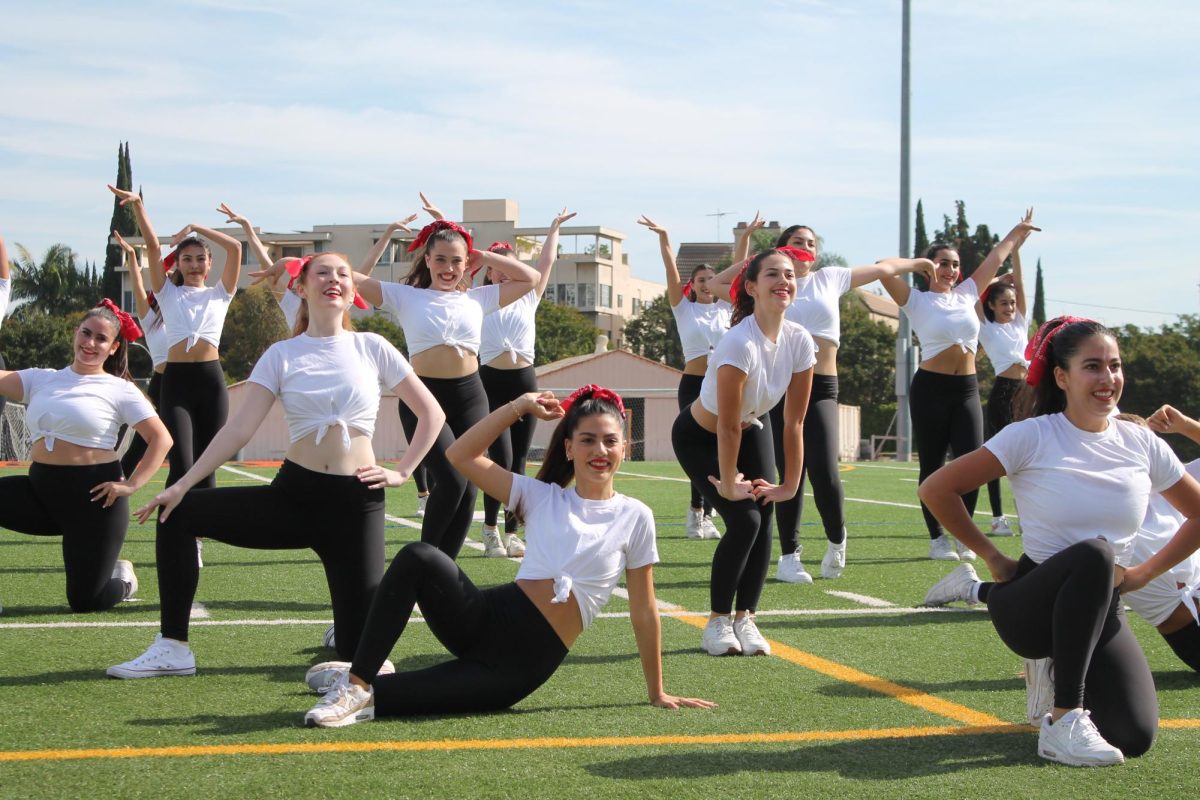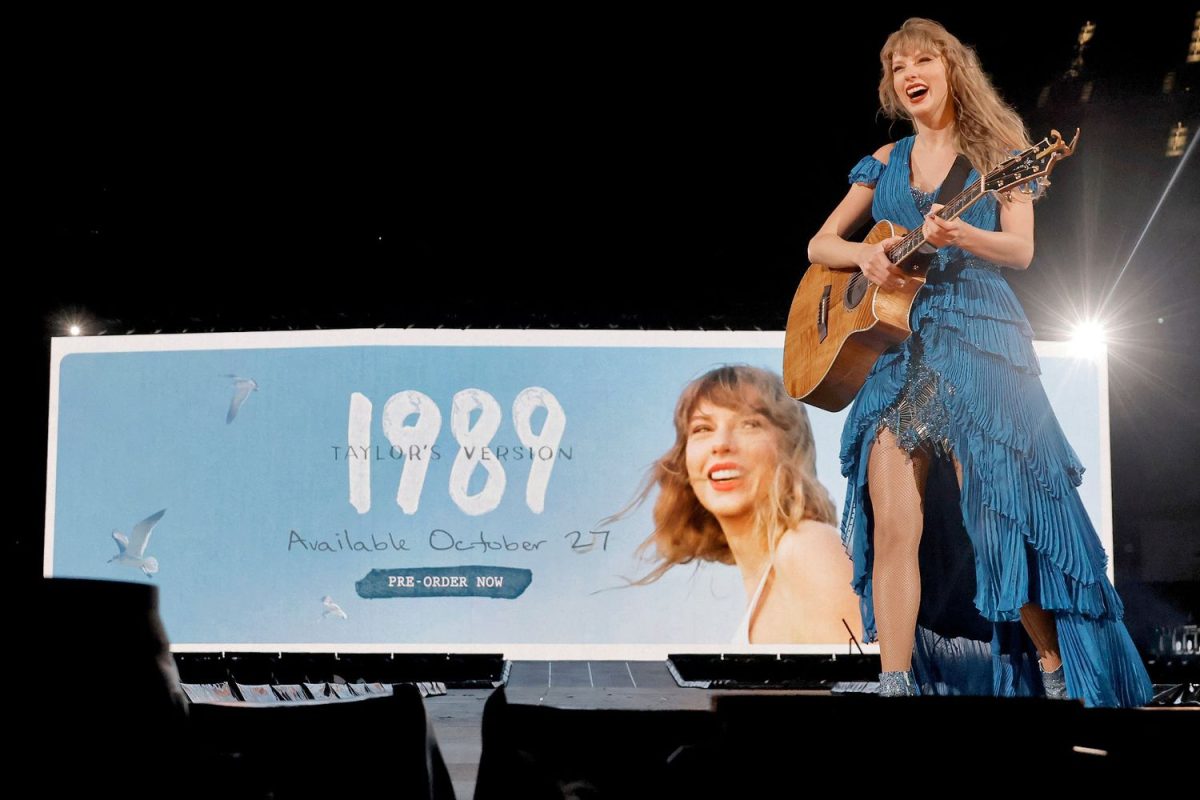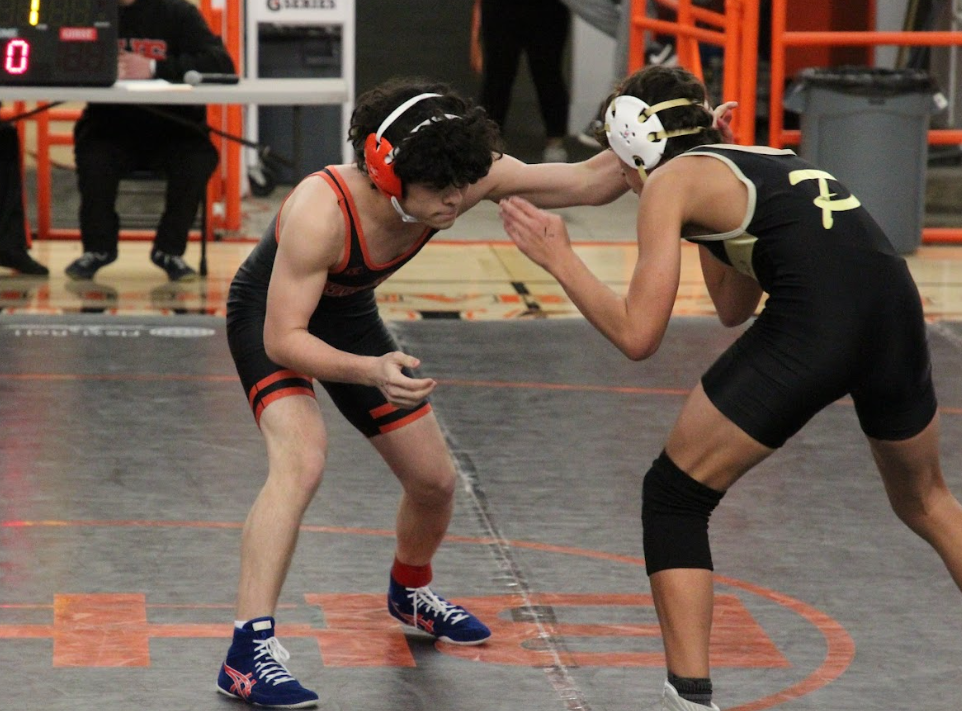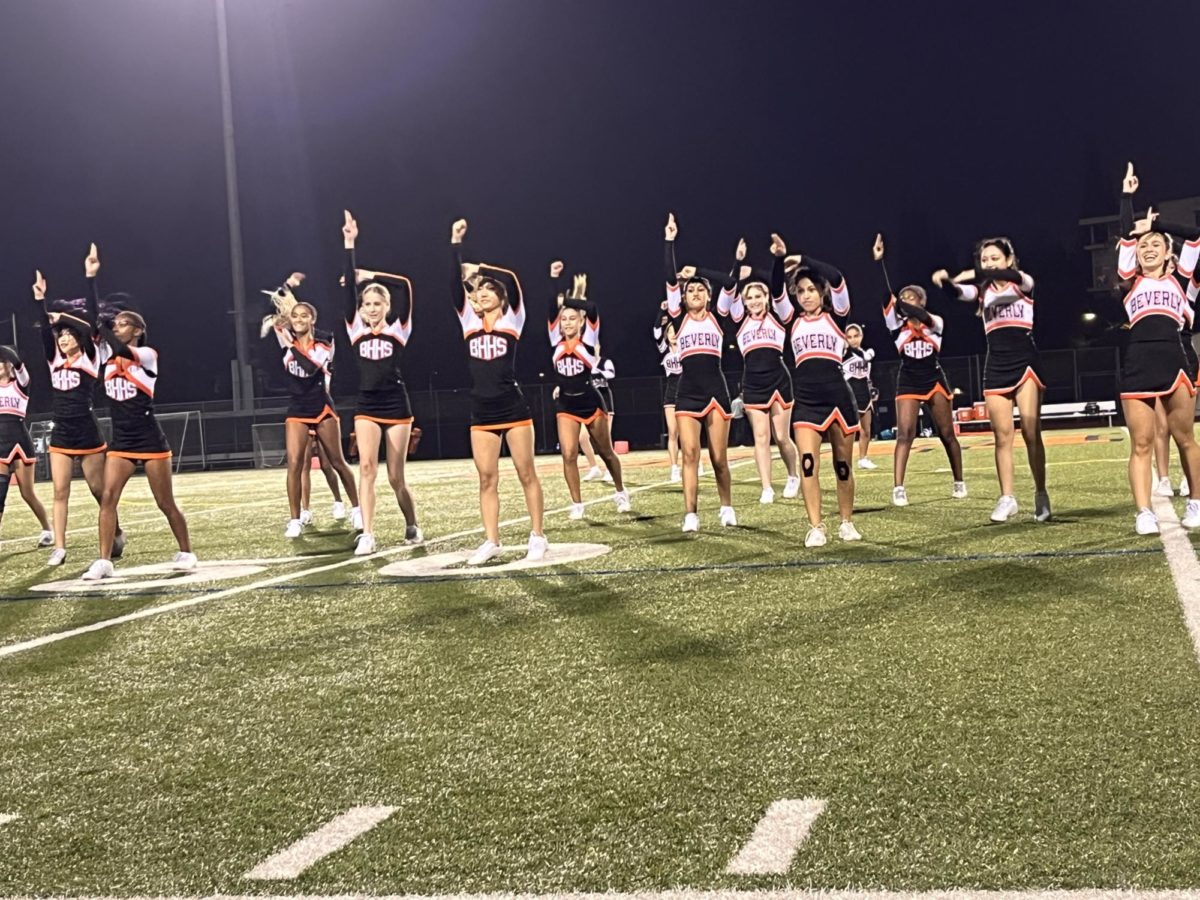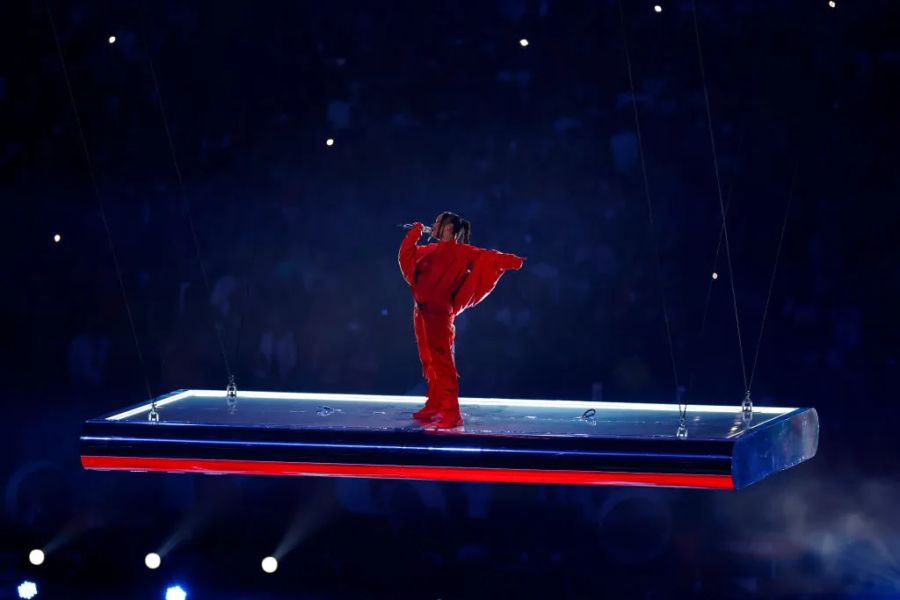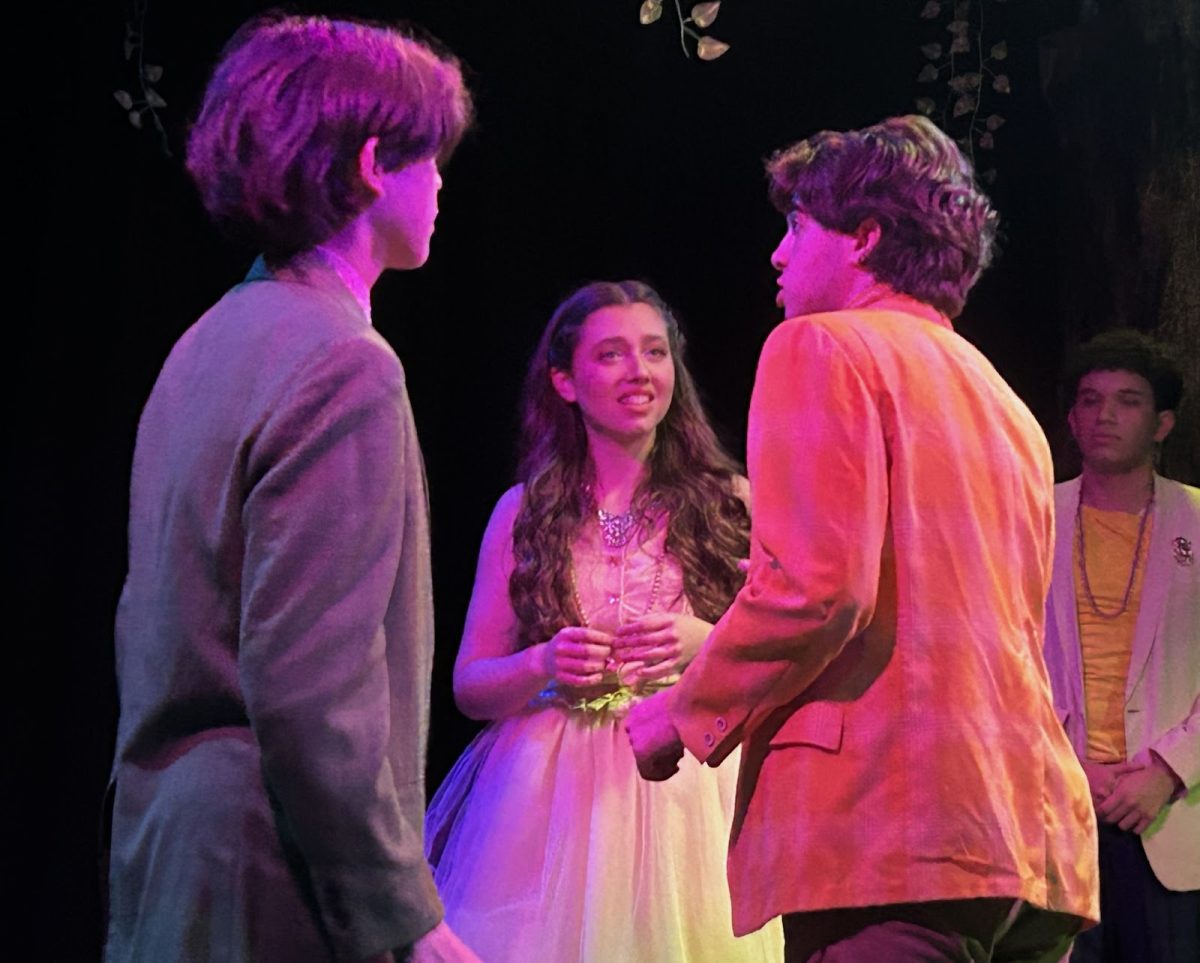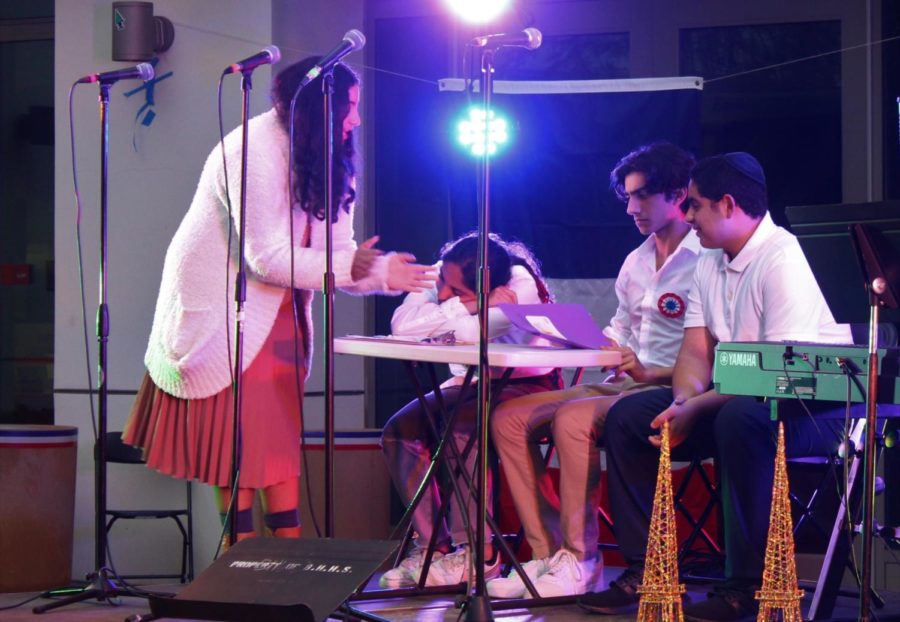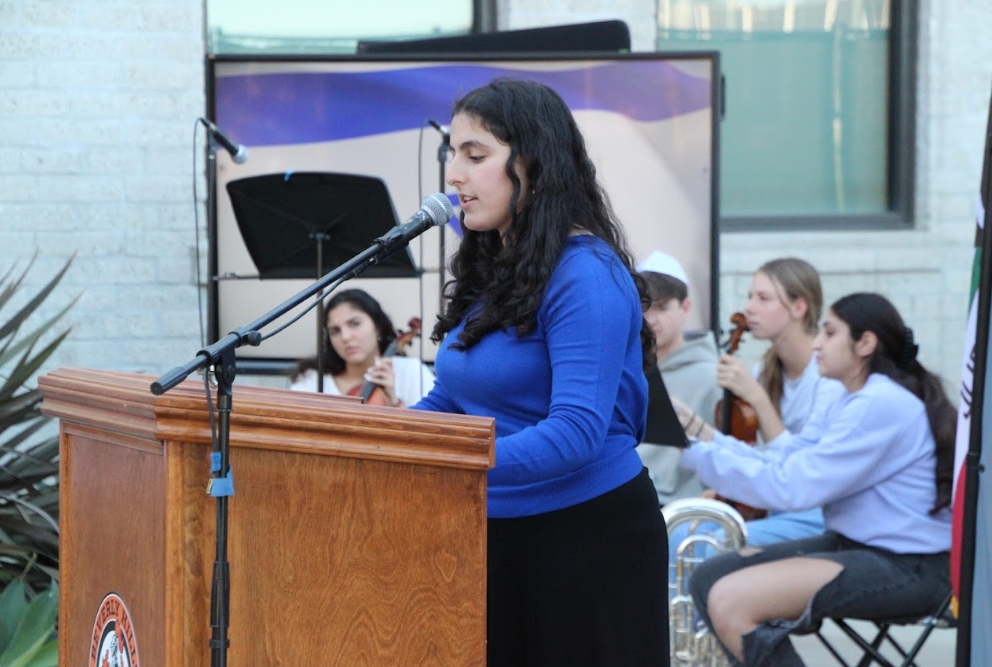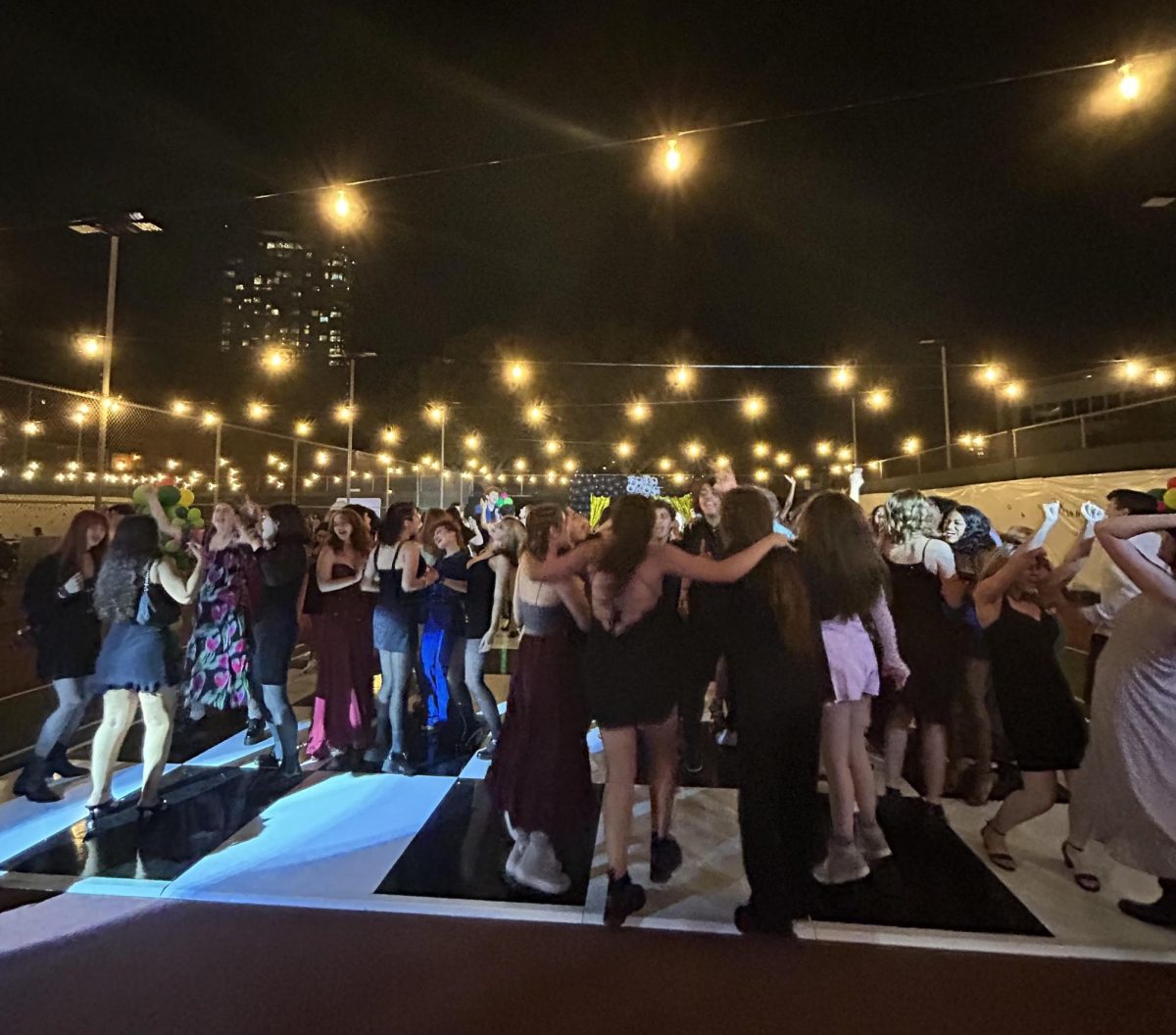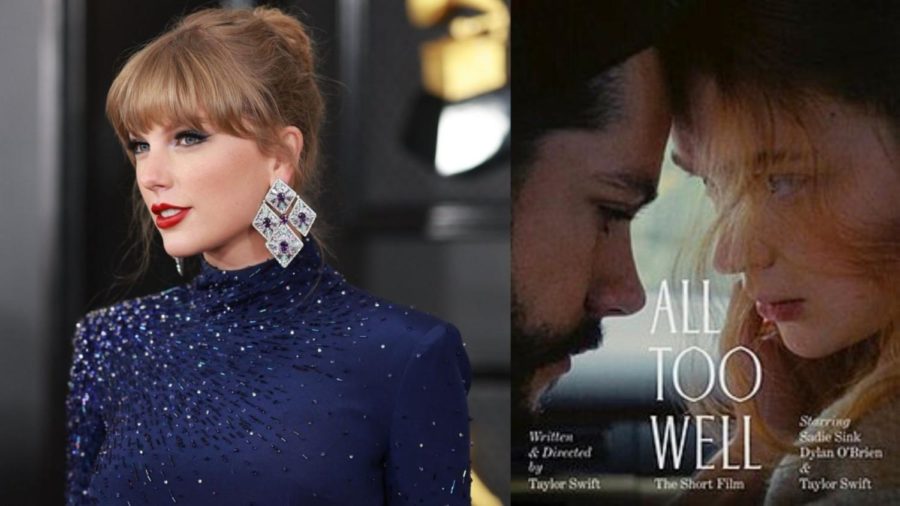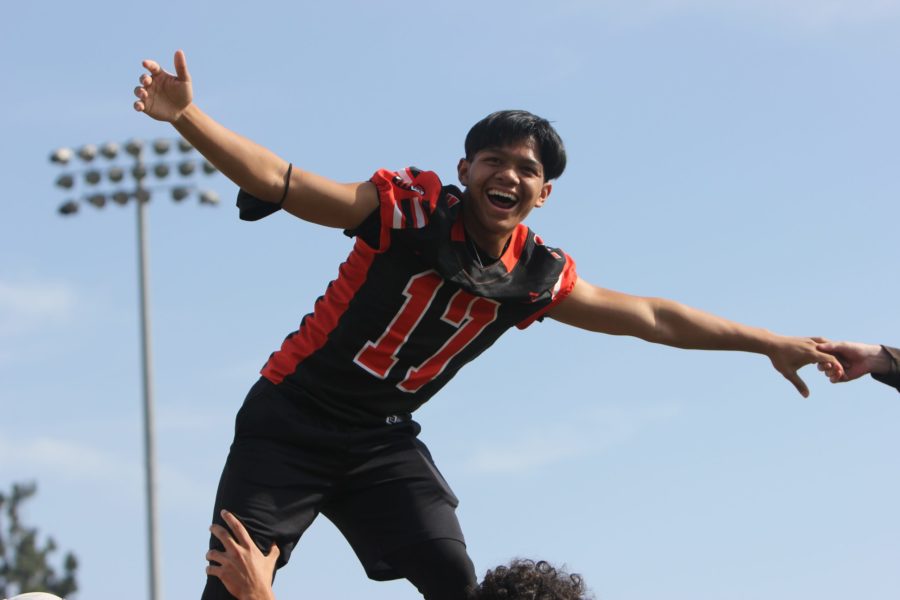Nirav Desai, staff writer
Few things are as offensive in contemporary American culture as political correctness. While the passionate debate over this filtered form of thought has become muddled, the stereotypes of those who take a stand on either side of the divide are still often depicted as clear. That is, those holding out against political correctness are seen as average citizens simply protecting their personal freedoms while those in favor of expanding the reach of PC-culture are viewed as self-righteous intellectuals who wish to censor the minds of their fellow countrymen (and countrywomen, because do not forget that women are just as important as men in society). However, this commonly accepted narrative of the modern culture wars is too simplistic, with too little room allowed for nuanced arguments for either stance. Unfortunately, this has caused a stalemate that is now preventing social progress in America, as an insufficient number of Americans has realized that the acceptance of political correctness and the ability to express one’s views do not have to be mutually exclusive.
It does not take much digging around on the Internet to realize that political correctness is an incredibly touchy subject. A simple Wikipedia search for the term shows a definition stating that political correctness is “a term primarily used as a pejorative to describe language, policies, or measures which are intended not to offend or disadvantage any particular group of people in society; in pejorative usage, those who use the term are generally implying that these policies are excessive.”
Wikipedia, in the interest of accuracy, actually has to mention that when people talk about political correctness, they are probably doing so in a negative manner. One cannot blame the site for this, as it has become abundantly clear in the past several months that political correctness is an easy, tried-and-true target for people hoping to capitalize off its unpopularity.
For pro-PC people, it is not difficult to visualize what a rigorously anti-PC American probably looks like: a caucasian, middle-aged and fairly conservative midwesterner or southerner. In other words, the stereotypical Donald Trump supporter is usually what pops into their minds when they imagine the person behind the vitriolic words they may be receiving on social media, or even worse, Yahoo Answers.
However, most of the anti-PC backlash that young people, such as students at Beverly, witness comes not from racist grandparents, but from fellow Millennials. While a November survey from the Pew Research Center gained publicity for its report that 40 percent of Millennials think the government should be able to censor offensive statements about minorities, this media attention caused many to overlook other important findings. Specifically, people ignored the fact that 58 percent of Millennials support the opposite position on political correctness.
Indeed, Aaron Shahmaram, a senior, disagrees with PC ideals, saying, “They’re unnecessary. People make a choice to be offended by others. If you’re confident in yourself you’re not worried about what people say and how they phrase it.”
On the other hand, dreading change via infusions of political correctness just because one is too lazy to adapt to the speed of social progress around them does sound quite stubborn and irrational. After all, this is still America, and one’s ability to change his or her fate independent of others’ actions will never be dependent on whether the writer of this article avoided simply saying “his fate” in the preceding line.
It is actually these anti-PC citizens who should try to empathize with those who embrace cleansing America of the vestiges of its intolerant past. While causation can never properly be proven, there is a correlation between a demographic’s support for political correctness and the race of those in the demographic. For instance, 78 percent of respondents in an August poll by Rasmussen stated that the notion “all lives matter” was more in-line with those respondents’ personal beliefs than was the ideology behind the slogan, “black lives matter.” This figure of 78 percent is proportional to the 71 percent of Americans polled by the same organization eight days later who believed that political correctness is a problem in America today. Conversely, it can be hypothesized that the 11 percent of people who agreed with the values of the statement “black lives matter” may share similar beliefs with the 18 percent of Americans who believe that political correctness is not a problem in America (9 percent and 10 percent of Americans were undecided in the polls, respectively).
If these groups, certainly minorities in the poll results and possibly minorities in the real world, feel a great need for further protection via the benefits of PC-culture, then there is no logical reason to oppose them, not even the stubbornness of senior citizens nor the laziness of youth. Society tends to give these two types of politically incorrect people the benefit of the doubt, either because they are from a different time, such as older Americans, or were raised in a different environment with different values, as in the case of many young people. If a non-black kid uses the n-word in an attempt to make a funny joke, receives criticism in return, and becomes confused as to why his peers object to his use of variations of the n-word, then he should learn about the history of the word instead of remaining ignorant. Sure, that kid may momentarily think he has been robbed of his right to do a tone-deaf impersonation of Chris Rock, but once he gets over this shift in his worldview, he will realize that offensive jokes are often the easiest and laziest jokes to make. If another kid comes from a household that does not bat an eye at the use of derogatory insults for homosexuals, but he realizes that people stare at him when he uses those same words at school as a substitute for “stupid” or “annoying,” then he should make an effort to understand why he is making others uncomfortable instead of whining about his own minor discomfort in these situations. Likewise, if a student witnesses intolerance, he can be respectful of the offender’s personal beliefs while still exercising his right to criticize the intolerance. Americans will always have freedom of speech, but this oft-abused protection should no longer protect ignorant people from the consequences of that speech.
TRENDING NOW
Follow Us on Twitter
Follow Us on Twitter
Do not be intolerant of political correctness
February 11, 2016
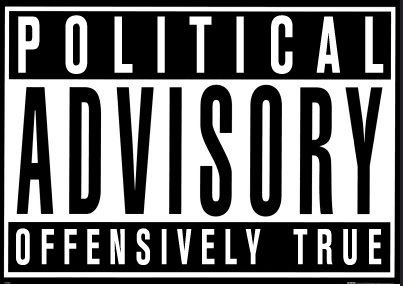
Though people accuse PC-culture of being too eager to wipe out offensive aspects of American culture, it is political correctness itself that has offended many intolerant Americans. Photo contains no modifications and is reused with permission from KAZ Vorpal (Creative Commons/Flickr).
Story continues below advertisement
Leave a Comment
Donate to Highlights
$0
$1000
Contributed
Our Goal
Your donation will support the student journalists of Beverly Hills High School. Your contribution will allow us to purchase equipment and cover our annual website hosting costs.
More to Discover

